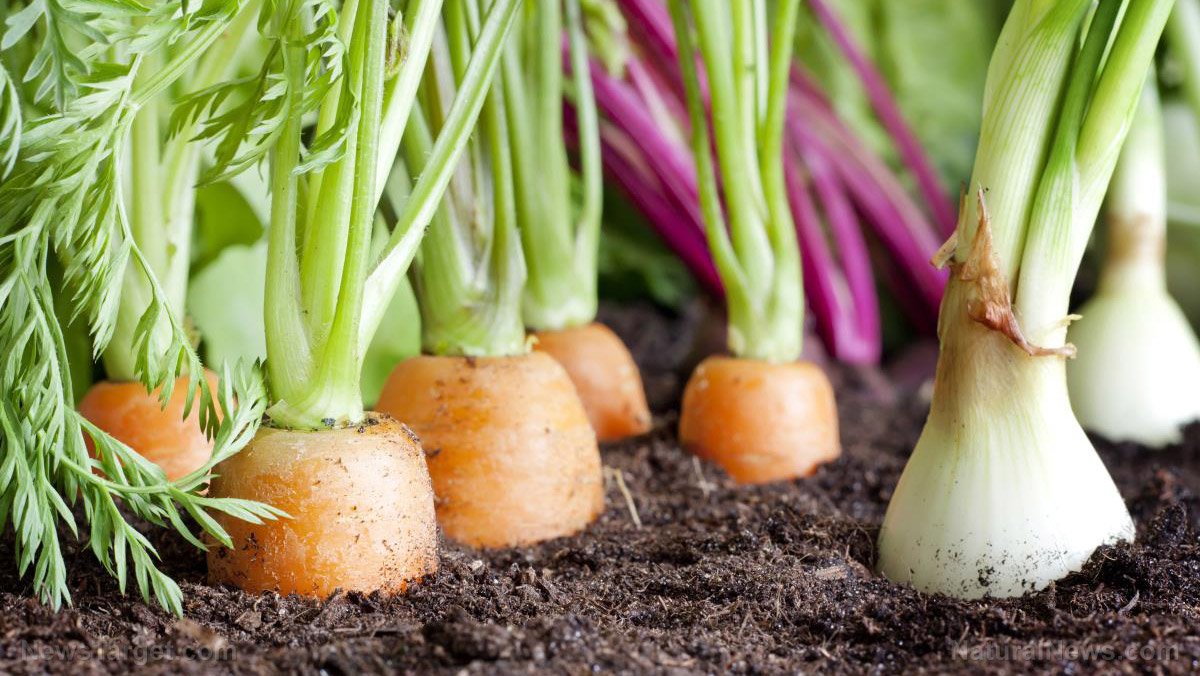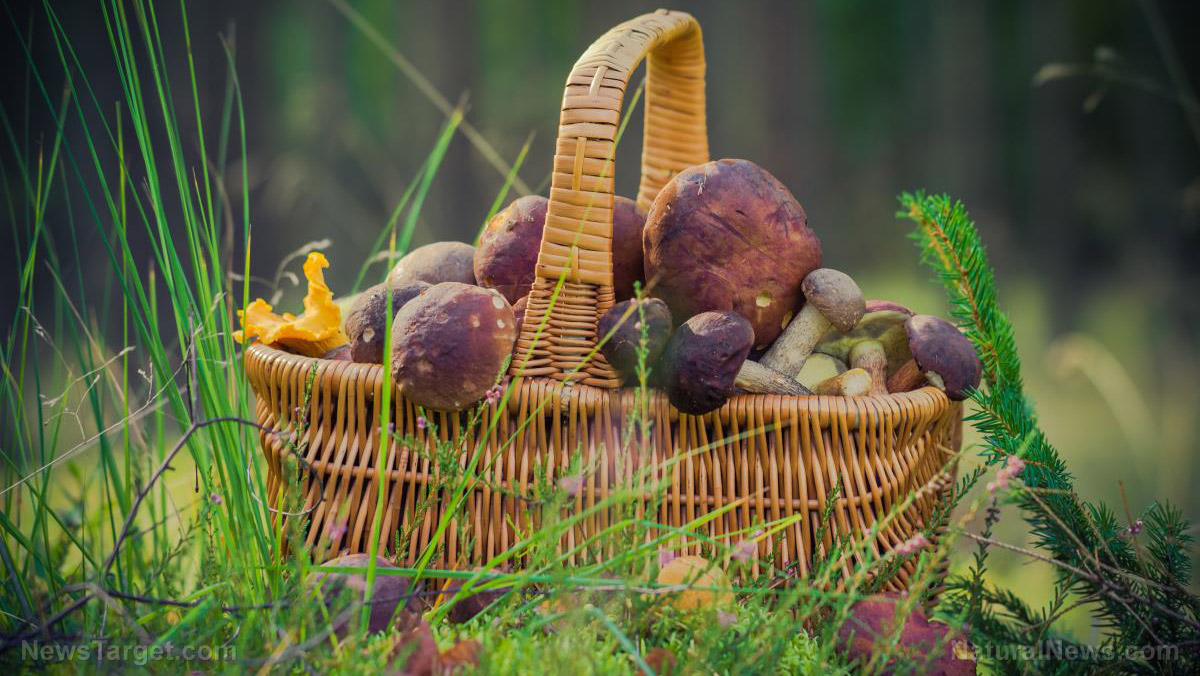
Advertisement
Nothing beats fresh fruits, herbs and vegetables when it comes to good nutrition. From immune-boosting vitamins to powerful antioxidants, these foods provide tons of essential nutrients and beneficial plant compounds that support overall health and wellness.
That said, fresh organic produce doesn’t come cheap. You might end up spending hundreds of dollars from frequent trips to the supermarket just for clean, nutritious food. However, you can never be 100 percent certain if store-bought produce is guaranteed organic and pesticide-free, even the ones labeled as such.
If you want to take a more proactive step towards good nutrition and food independence, start an organic garden. A thriving garden makes it easier to follow a balanced diet, and it also helps lessen those trips to the supermarket.
Don’t know where to start? Here are nine tips to help you get started on your very own organic garden:
Prepare the soil
In order to get the best results, you’ll want to make sure the soil you’ll be using is loose and fertile. This kind of soil allows for proper drainage and it also helps the plants absorb nutrients better. To prepare soil, grab a rake and run it through the soil multiple times. This helps break up crusted soil and discourage weed growth in preparation for the seeds.
Make good compost
Making compost is an essential part of gardening. Compost “feeds” the plants and encourages growth. To make good compost, combine the right amount of organic waste, nitrogen, soil and water. You’ll want to keep it wet so that the pile retains its composition. Mix the pile with a shovel at least once a week.
Choose the right plants
Even experienced gardeners have had their fair share of dead plants, whether due to pests, bad soil or neglect. Often, however, dead plants are the result of poor plant choice. Plants like onions and carrots can tolerate a wide range of temperatures. The same cannot be said for others. As a rule of thumb, choose plants that thrive well given the climate and soil in your area.
Maximize space
Some plants grow best in groups, while others require their separate plots or containers. To avoid having to re-plant certain crops in the future, determine the best spots for each plant beforehand.
Water with the plant in mind
As a general rule, water plants in the morning to avoid rapid evaporation. If you water plants in the afternoon or in the evening, you risk plants becoming oversaturated and prone to root rot. It also helps to take note of the plants you’re watering. Some plants need to air out in between each watering, while others require constant moisture.
Get rid of weeds as soon as possible
Weeds can quickly spread throughout the garden if left unchecked. Get rid of weeds as soon as possible by pulling them out with your hands. It’s important to pull out the roots themselves to prevent the weeds from re-growing fast. You can also spread a bit of organic mulch on the surface of the soil to discourage weed growth.
Prepare for pests
As a general rule, insects and bugs are less likely to stick around if you have healthy soil. If your soil lacks nutrients, add a bit of organic fertilizer made from kitchen scraps. You can also foster beneficial animals in your garden like frogs and lizards to help control pests.
Harvest
Check your garden every day during harvest season so you don’t miss ripe produce. As a general rule, use a sharp knife or scissors to harvest fruits and vegetables. This way, you don’t risk disturbing plant roots and damaging stems from the constant pulling.
Prune often
Get rid of sick or wilting plants as soon as possible. This helps keep the rot from spreading to other plants in the area. Make it a habit to prune the plants often to get rid of rotting leaves and stems as soon as possible.
A lush and sustainable garden can encourage you to make better food choices in the long run. Gardening might require a lot of work during the first few weeks, but the rewards are well worth it.
Read more articles about organic gardening and homesteading at Homesteading.news.
Sources:
Advertisements







